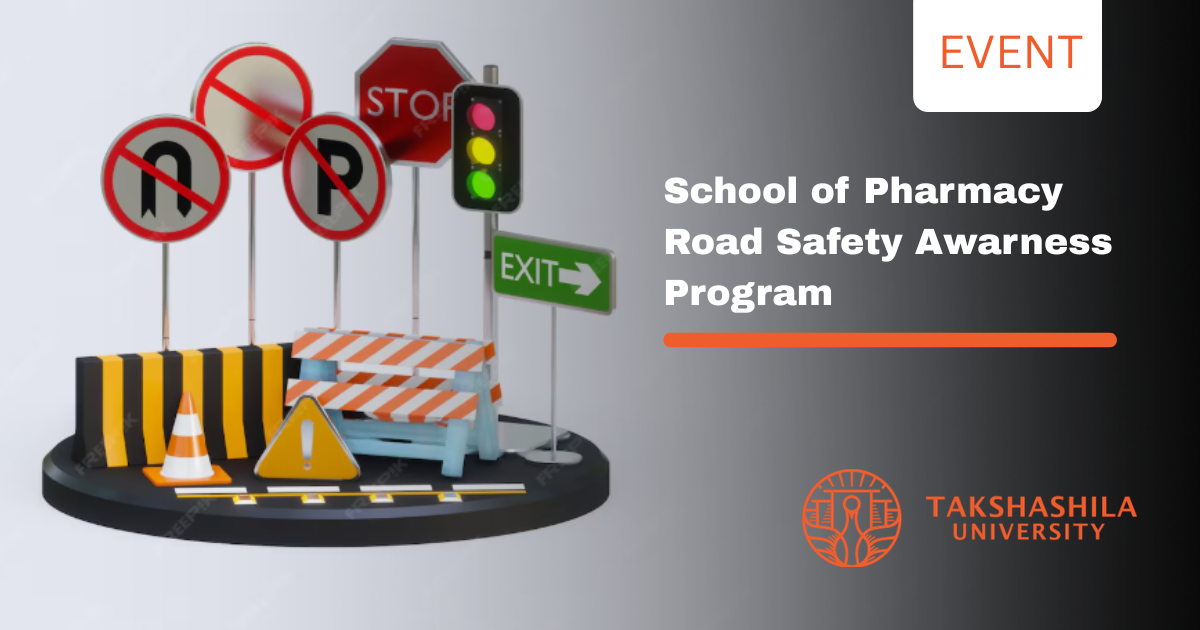Many people associate “engineering” with thoughts of advanced mathematical calculations and complex mathematics. Engineering comprises various specialisations that appeal to a wide range of abilities and interests in today’s continuously evolving technological world.
If you are not good at mathematics but still your passion drives you to become an engineer, don’t you worry. There are many different engineering courses without maths involvement that you can pursue.
Let’s explore the engineering domains and their relationship with mathematics in this blog.
Understanding The Relationship Between Maths And Engineering
Mathematics is the queen of science and plays an integral part in engineering. Despite engineering, mathematics is also essential in a lot of fields. Engineers use a lot of mathematical concepts to analyse, design, and build solutions.
It might seem impossible to dodge mathematics and pursue engineering, but it is possible. There are specific fields in engineering that do not require mathematics. These domains give more importance to problem-solving, creativity, and critical thinking.
Engineering Courses Without Maths
The following is a list of engineering courses without maths as their core subject.
1. Environmental Engineering

The concepts of engineering, soil science, biology, and physics will all be used by environmental engineers to design and execute systems that safeguard the environment and encourage sustainable practices. You don’t need to have any quantitative expertise beyond algebra and elementary statistics to succeed in an environmental engineering course because it concentrates more on chemistry, biology, and physics.
2. Industrial Engineering

The optimisation of intricate systems, processes, and organisations is a critical component of industrial engineering courses. Operations research, project management, and statistical analysis expertise are needed. This course has the advantage of not requiring advanced calculus or higher-level mathematics. Depending on the job, an industrial engineer’s employment may vary; they may be assigned to work in an office or a factory.
3. Biomedical Engineering

Engineering concepts in healthcare and medicine are referred to as biomedical engineering. It necessitates a basic understanding of biology, chemistry, and physics; higher mathematics, such as calculus, is unnecessary. As a biomedical engineer, you will be at the forefront of creating systems that aid in testing novel medication treatments and other medical devices.
4. Materials Science and Engineering

The study of the characteristics and behaviour of materials, such as metals, polymers, ceramics, and composites, is a component of materials science and engineering. It demands an understanding of physics and chemistry. A materials engineer investigates the characteristics of metals, polymers, nanomaterials, and other substances to develop novel materials that satisfy specific chemical, mechanical, and electrical criteria.
5. Engineering Management

The application of business and management ideas to engineering projects and organisations is known as engineering management. Project management, operations research, and business strategy are necessary. Higher mathematics beyond algebra and fundamental statistics are not needed.
Did you know?
Biomedical engineering, a field at the intersection of healthcare and technology, offers a unique avenue for individuals passionate about making a difference in people’s lives. Surprisingly, a large portion of the work in biomedical engineering centres around biology, chemistry, and real-world laboratory testing.
Necessary Engineering Skills Without Mathematics
The engineering courses without maths will focus on developing other essential skills, which are both technical and personal. Lets’s list the required Engineering skills.
1. Communication
In non-mathematical engineering domains, strong communication abilities are crucial. Engineers need to be able to express their ideas to coworkers, clients, and stakeholders in a clear and effective manner.
2. Creativity
Engineers must provide innovative solutions to challenging problems in many non-mathematical engineering domains. Thinking creatively and beyond the box is necessary for this.
3. Attention To Detail
Working with intricate systems and processes is common in engineering disciplines outside of mathematics. To make sure that every part of a project is properly developed and carried out, engineers need to pay close attention to detail.
4. Analytical Thinking
To make important decisions and tackle issues, engineers in non-mathematical domains must be able to evaluate data and identify patterns and trends.
5. Project Management
Handling complicated projects requires careful planning and organisation in many non-mathematical engineering domains. Engineers need to possess good project management abilities to ensure that projects are finished on schedule and within budget.
6. Technical Skills
While there may be less math required in non-mathematical engineering areas than in other fields, engineers always need to have a solid technical and logical foundation in their area of specialisation.
7. Leadership
Non-mathematical engineers may be in charge of supervising teams or directing projects. Success in these positions requires strong leadership abilities.
Not having exceptional mathematical skills won’t really put you at a disadvantage if you decide to pursue engineering courses without math, but that doesn’t mean you shouldn’t put as much effort into honing other skills like technical proficiency, critical thinking, creativity, and effective leadership.
Did you know?
Software engineering, often associated with cutting-edge technology and innovation, emphasises programming, logical thinking, and problem-solving more than advanced mathematics.
Best Engineering Courses from Takshashila University
Takshashila University offers world-class engineering programs expected to grow manifold in the next 20 years. Keeping the students’ future in mind, the academics for these engineering courses are designed to engage students theoretically and practically, training them with things that are expected during their careers in the industry.
Our faculty members are experts in their disciplines and committed to assisting students in achieving their academic and professional goals. We take pride in securing a seat among the best engineering colleges in Chennai.
Endnote: Engineering Your Story Beyond Numbers
You can concentrate on your interpersonal skills and interests by choosing one of the specific engineering professions that doesn’t emphasise maths. Remember that commitment, real-world experience, and an eagerness to learn and adapt are the keys to success in any engineering discipline, whether it includes mathematics or not.
So, if you’ve always wanted to be an engineer but were intimidated by the challenges of maths, don’t worry—there is a way for you in the fascinating engineering field. Continue your engineering courses without maths if you want to establish a name for yourself in innovation and technology.
Frequently Asked Questions (FAQs)
1. Should I take engineering if I am weak in maths?
Even though maths is not a requirement in engineering, several calculations must be made in various engineering topics. However, it will be different from the pure mathematics you learned for your 10+2 course. Therefore, get rid of your worry of being weak in maths.
2. Is engineering hard if you’re bad at math?
Not at all. It is possible to choose engineering courses that do not include mathematics as their main subject, and these few graduated engineers will work in R&D environments that are more relevant to their core subjects.
3. How much math is really in engineering?
The basis for engineering is mathematics. You can pursue engineering without mathematics, depending on your chosen course. Few biomedical and agricultural sectors only need a few basic maths.
4. Can a PCB student do engineering?
Yes, PCB students can pursue a few specialised engineering degrees, like a B. Tech. in Biotechnology, a genetic engineering and computer engineering degree, a biomedical engineering and bioinformatics degree, etc.
5. Do software engineers use math?
Software engineering has two career routes: one demands a solid understanding of mathematics, and the other involves research and development in a specific niche.






